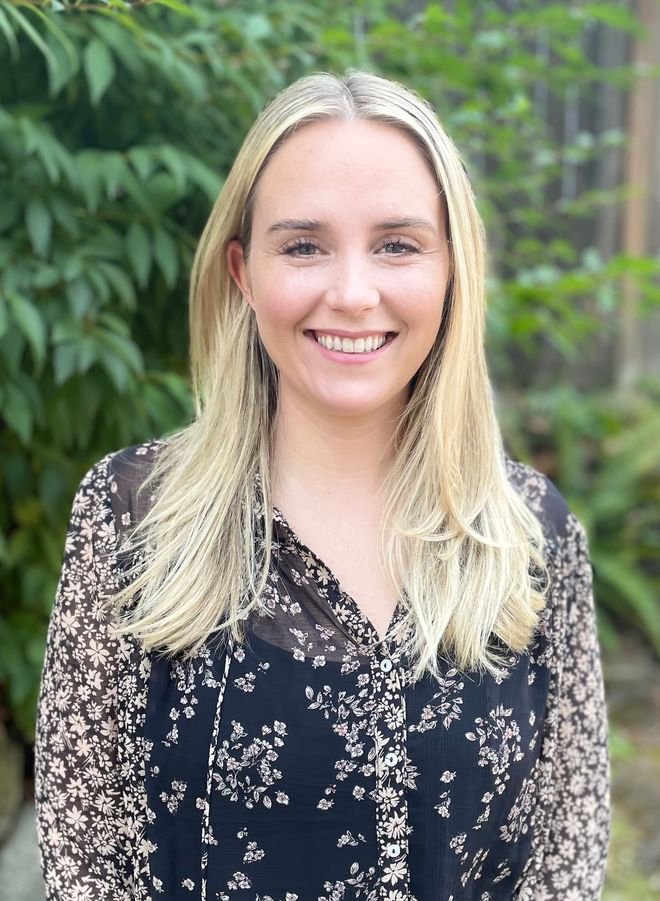
PowerUp Career Compass
Women in Customer Success Power Up is the first women-only mentoring program within the Customer Success industry. It aims to empower, guide and support aspiring women in their professional growth, by giving one-to-one time with more experienced Success leaders.
Share your experience
Your knowledge is invaluable. Share your experience and make an impact.
Be A Mentor
Learn and grow
Learn from your peers, find support and build a network. Get closer to achieving your goals.
Find A Mentor
What will you gain with Power Up mentoring?
Personal guidance from an expert
Accelerated professional development
Improved goal-setting
Increased self-awareness
Increased self-confidence
Growing your network
Develop your personal brand
Learn to self-reflect
Exposure to nea w and different perspective
How to get the most out of Power Up mentoring?
Be committed and respect your mentor's time
Be open-minded
Be willing to receive feedback
Be teachable
Ask questions
Apply recommendations and advice you receive between the sessions
Expect support, not miracles
Follow Through
Be yourself; everybody else is already taken
The benefits of mentoring
Empower one woman at a time!
Demonstrate your leadership skills
Expand your network
Grow personally and professionally
Take delight in helping others
Give back to the community
Become exposed to different thoughts and opinions
Expand your perspective through reverse mentoring
These roles aren't limited. You can mentor someone while having your own mentor at the same time. In fact, we'd encourage it!
"The mentor program itself and the connections made were the most valuable for me. I was able to gain leadership experience outside of my organization , and work with someone outside my industry. Specifically- how to set expectations, how to give feedback and how to coach."
Sarah Foster
FAQs
-
This will vary from relationship to relationship, depending on the goals set and the amount of time you each have to commit. You can meet anywhere from weekly to monthly, for 6 weeks to 6 years, depending on what suits you! We’d recommend setting a schedule at the beginning that can be reviewed later on.
Some programs will have time limits set already. For example in reverse mentoring, running a program for a short time period can encourage action to be taken and momentum to be built. However, some programs will be continuous and the mentor and mentee will set the timeframe that works best for them.
-
While many people can be good mentors, there are some key characteristics that they share. These include; listening skills, a strong interest in others and giving good feedback. These are all skills that you can learn and develop in order to become a great mentor and can look for in others.
-
As a mentee, it’s your responsibility to drive the sessions. This means setting an agenda, choosing your goals and coming to sessions prepared to discuss your challenges and actions.
While your mentor will support you in doing this, a part of mentoring is taking ownership and responsibility for your own learning. Putting this into action is a part of the process, so don’t worry if it takes time to get right.
-
When entering a mentoring relationship, you can expect to meet new people, be challenged and grow. Both mentor and mentee will learn from each other and work together to achieve the mentee’s goals.
Aside from setting a formal schedule, goals and an agenda, what happens in the sessions is up to you and your mentor or mentee! You will discuss challenges and ideas, ask questions and listen, and be expected to be present and committed to the relationship.
-
Although they are similar concepts, mentoring and coaching have some key differences. In mentoring, the mentee leads the sessions, not the mentor, driving their personal development by setting the agenda. Coaching, however, is driven by the coach, who is paid to provide learning in a particular area. You can learn more about the difference between mentoring and coaching on our blog.
-
It might surprise you to know that anyone can be a mentor. Contrary to popular belief, you don’t need to be of a certain age, experience level or position to be a good mentor. In fact, there is so much to learn from people of all ages and experience levels that it’s important to keep an open mind.




